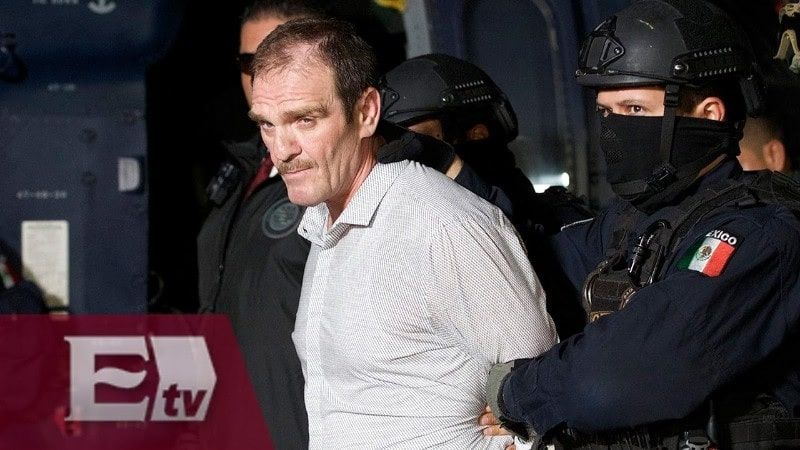El Güero Palma's Rollercoaster Ride Through the Legal System
El Güero' Palma faces new charges of aggravated homicide, despite prior acquittals. Legal challenges arise as his defense questions the validity of the arrest warrant. Learn more about the ongoing case and the context surrounding the renowned drug trafficker's imprisonment.





